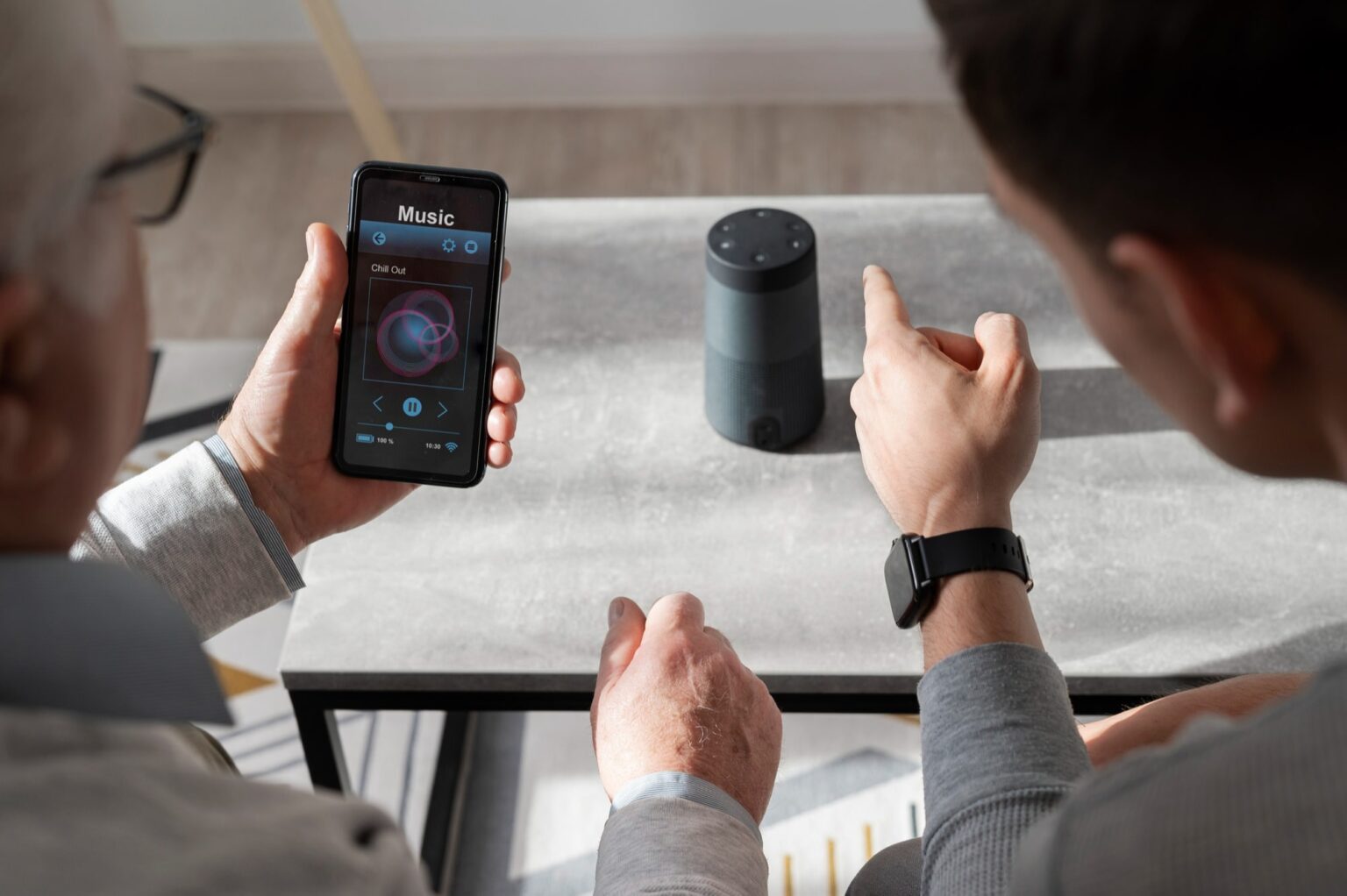Voice assistants and natural language processing (NLP) technologies are reshaping the way businesses interact with customers by enabling more intuitive and conversational interactions. Here’s how voice assistants and NLP are enhancing customer interactions:
-
Hands-Free and Convenient Interactions: Voice assistants, such as Amazon Alexa, Google Assistant, or Apple Siri, allow customers to interact with businesses using natural language commands and queries, without the need for typing or navigating through complex interfaces. Customers can perform tasks, get information, or make requests using voice commands, making interactions more convenient and hands-free.
-
Personalized Customer Experiences: Voice assistants leverage NLP algorithms to understand and interpret customer queries. They can recognize individual users and provide personalized responses based on their preferences, history, or context. This enables businesses to deliver tailored recommendations, offers, or information to customers, enhancing the overall customer experience.
-
Natural Language Understanding: NLP technologies enable voice assistants to understand and interpret the meaning behind customer queries, even with variations in sentence structure, vocabulary, or accents. Advanced NLP algorithms can extract key information, perform entity recognition, and accurately understand customer intent, allowing for more accurate and relevant responses.
-
Voice-Based Search and Discovery: Voice assistants enable customers to perform voice-based searches and discover products, services, or information more easily. Customers can ask specific questions or describe their needs, and the voice assistant can provide relevant results or recommendations. Voice-based search capabilities enhance customer convenience and speed up the information retrieval process.
-
Voice-Activated Transactions: Voice assistants enable customers to perform transactions and make purchases using voice commands. Customers can add items to their shopping carts, place orders, or make payments by simply speaking their requests. This streamlined process reduces friction and simplifies the customer journey.
-
Intelligent Virtual Agents: NLP technologies are used to power intelligent virtual agents, which can handle customer inquiries, provide support, or guide customers through processes. These virtual agents can understand and respond to customer queries in real-time, providing accurate and consistent information. They can also escalate complex issues to human agents when necessary, improving efficiency and customer satisfaction.
-
Multilingual Support: NLP algorithms can process and understand multiple languages, enabling voice assistants to provide multilingual support to customers. This is particularly valuable for businesses with a global customer base or those operating in multilingual environments. Voice assistants can assist customers in their preferred language, breaking down language barriers and expanding the reach of businesses.
-
Continuous Learning and Improvement: Voice assistants powered by NLP technologies can continuously learn from customer interactions, allowing them to improve their understanding, accuracy, and responsiveness over time. Through machine learning techniques, voice assistants can adapt to individual customer preferences, refine their responses, and provide increasingly personalized experiences.
Voice assistants and NLP technologies are reshaping customer interactions by providing more natural, conversational, and personalized experiences. Businesses that leverage these technologies can deliver enhanced customer service, streamline processes, and improve overall customer satisfaction and loyalty.



